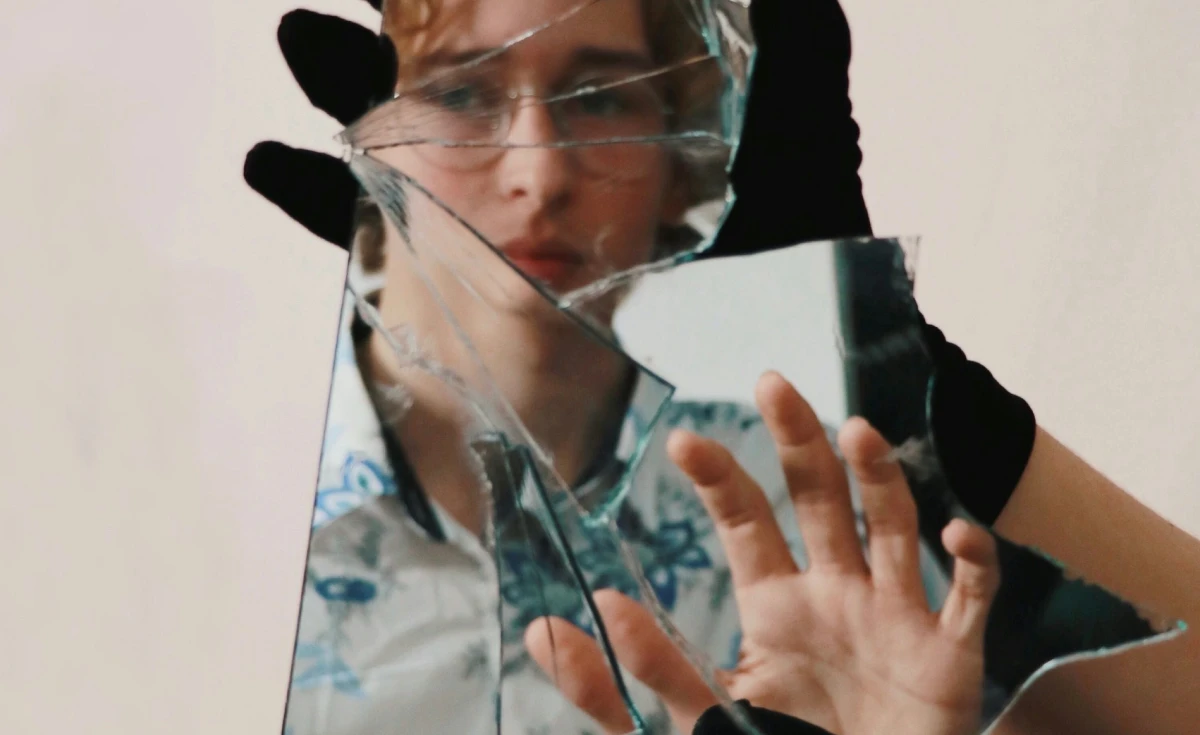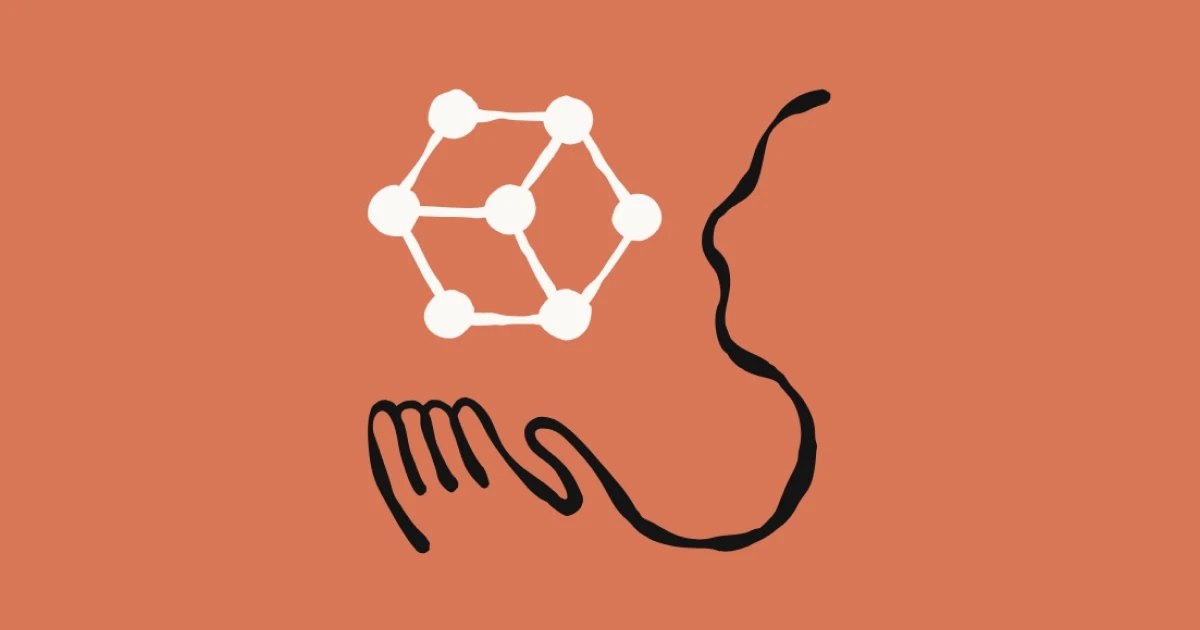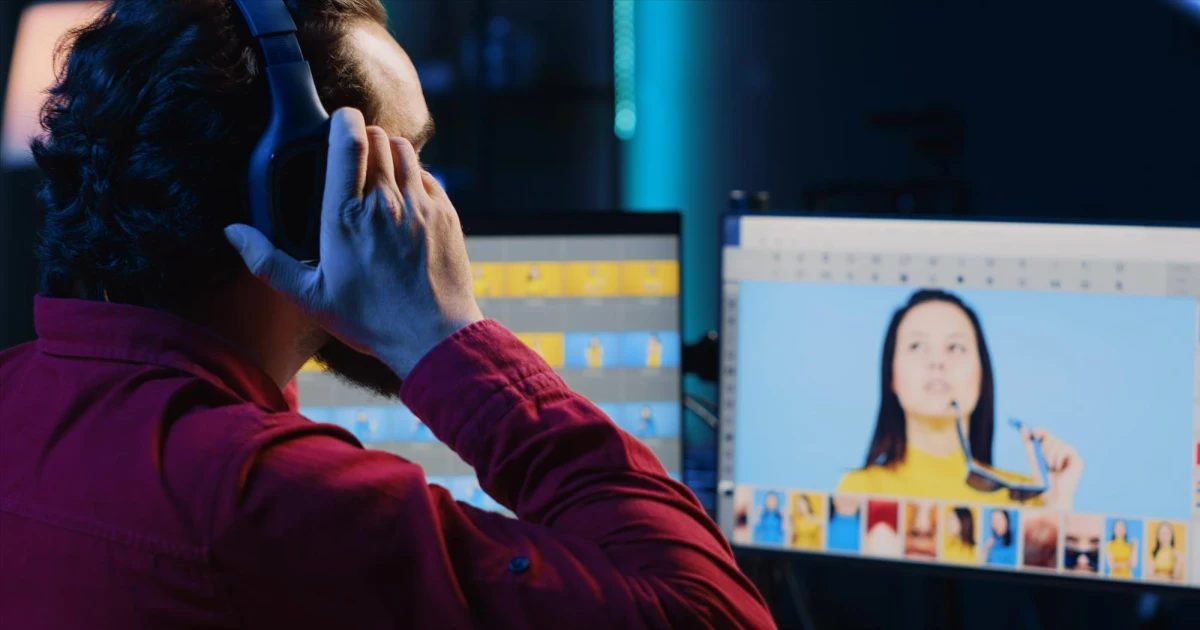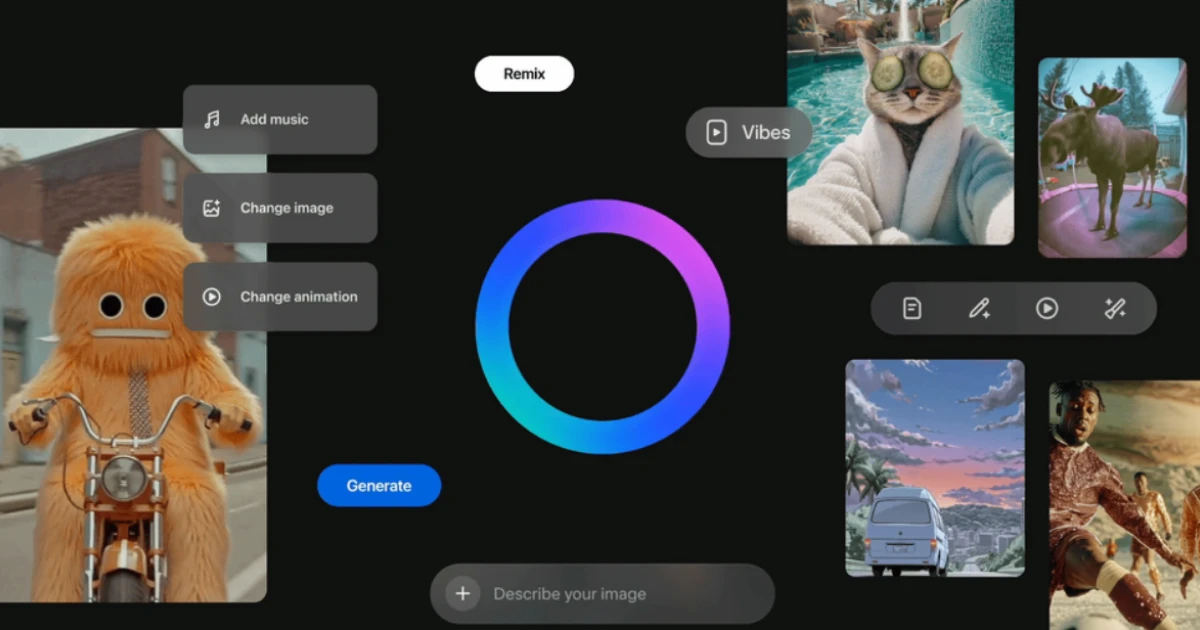magine this: it's 1997, and you're powering up your computer, logging onto the internet to search for SixDegrees.com. If you're part of Generation Z,
you may not be familiar with this platform, so let me bring you up to speed. SixDegrees was the first-ever social media site to be established - yes, you read that right - even before MySpace and Friendster.
In essence, social media refers to a range of interactive technologies that enable us to access and exchange information through a specific platform. It's like being the main character of a movie, where we get to showcase ourselves to the world.
Nonetheless, social media has become an integral part of our lives, with the average individual spending over 2 hours per day on social media. Everywhere you look, you see or hear about social media. We can argue that not a single technology never has managed to grasp us the way social media did. And with a popularity of this magnitude, of course, it has become pretty influential and it affected a lot of people and industries. Education is one of them.
But, let’s first focus on the benefits. As social media can be of great help to both students and teachers. If students have to collaborate on a team project, now they don’t have to get together at somebody’s house or in a coffee shop, but use the group function on “Facebook” or “Whatsapp”.
Even more so, social media platforms are great for teachers, and more and more have become accustomed to them, despite having reservations at first. Teachers use platforms like YouTube to send video courses, Facebook to share links and other materials, and Whatsapp to keep in touch with their students, and don’t forget about Google Classroom. This means more efficiency and productivity for everyone involved!
Can you even remember what life was like before social media? We would call up our friends to check in on them, take pictures for our own memories, and were accustomed to not knowing a person's whereabouts or activities unless we asked or engaged in conversation with them. But, nowadays, for all the students, this is only a chapter in their history books, as they have been exposed to technology and social media their whole lives.
For starters, social media can be a great source of distraction. Even we, as adults, find it difficult to concentrate sometimes when we let our phone notifications go off. This is a problem that students go through every day since for them, it’s more interesting to get updates on their friends and their whereabouts rather than studying for “boring” subjects. Social media is the number one factor when it comes to procrastination for students.
Also, we have to mention the impact that social media can have on the mental health of young people. At first glance, social media appears to be an excellent avenue for connecting with others and forming relationships.
However, studies indicate that this may not always be the case! For instance, research reveals that Facebook or Instagram users who post about their relationships are more likely to experience loneliness than those who don't. Individuals on social media often present themselves as happier and more popular than they genuinely are. Such comparisons could result in negative emotions and feelings of seclusion and disengagement from others over time.
As with everything social media related, we can find both pros and cons. This is also the case when talking about digital literacy and critical thinking skills. And think about the wide variety of information social media has to offer, there are groups and youtube channels for every book and question available.
Gone are the days when all the information you could find was from books. But this comes with a downside also, since fake news and incorrect information have plagued our internet.
So, social media can be a great tool for developing critical thinking skills. Since students can learn how to evaluate different kinds of information, analyze contrasting perspectives, and expand their argumentation skills. The downside to this is that too much information available can overwhelm students at times. It can create a sense of pressure to conform to various social norms.
However, with great information comes great responsibility. Social Media has been both a blessing and a curse. Students need to understand that nothing beats correct research and hard work. Even though with the use of social media a lot of young people have found different shortcuts to deal with homework and tests, they should continue learning in order to develop their skills further.







.webp)









